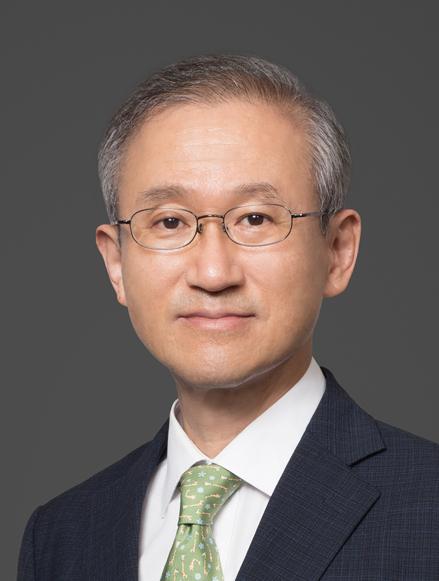
[This opinion article was contributed by Lim Sung-nam, global advisor at law firm Bae, Kim & Lee and former vice minister of foreign affairs of South Korea.]
SEOUL, February 10 (AJP) - What is the general perception of Kazakhstan among Koreans? Many might think of it as a "landlocked country in Central Asia" or "a country where many Koreans live." The fact that only about 40,000 South Koreans visited Kazakhstan in 2024 suggests that the country remains relatively unfamiliar to most Koreans.
However, the cooperative relationship between Korea and Kazakhstan, particularly in the economic sector, has rapidly grown, driven by the complementary industrial structures of both nations. When diplomatic relations were established in 1992, bilateral trade was just $11 million, but by the 33rd anniversary in 2024, it had surged to approximately $3.1 billion – a 280-fold increase. As of 2024, cumulative South Korean investments in Kazakhstan reached about $10.5 billion, primarily in mining, finance, construction, and real estate. Recently, investments have expanded into the manufacturing sector. Thanks to this trend, Kazakhstan has become Korea's largest trading and investment partner among the five Central Asian countries.
Key highlights from Kazakhstan’s economic strategy
What lies ahead for economic cooperation between Korea and Kazakhstan? The answer can be gleaned from the outcomes of the expanded high-level economic meeting chaired by President Kassym-Jomart Tokayev on January 28, 2024. The Kazakh government is actively pursuing the development of its manufacturing sector and the diversification of its industries, aiming to modernize an economy that heavily relies on oil, gas, and other resources, which account for 20 percent of its GDP and 50 percent of its fiscal revenue. The ultimate goal is to position Kazakhstan among the world's top 30 economies by 2050.
Kazakhstan will also continue to leverage its natural advantages, such as abundant mineral resources—including 17 types of rare earth elements, silver, copper, uranium, and zinc, with an estimated total value of $46 trillion according to the World Bank. Additionally, Kazakhstan’s strategic geographic position as a hub connecting Asia and Europe offers significant potential for growth. By the end of September 2023, Kazakhstan had attracted $12.7 billion in foreign investments, and the government is expected to intensify its efforts to attract investments across various industries this year.
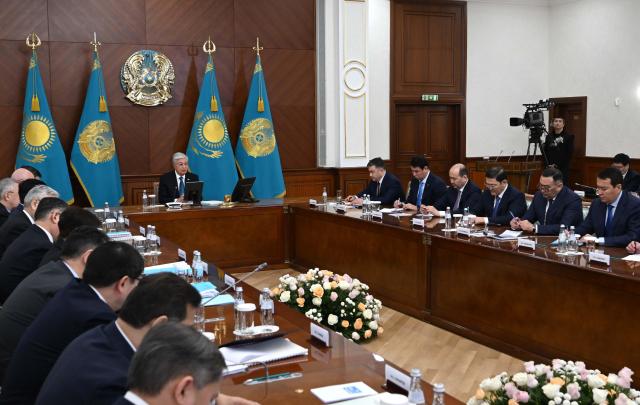
Several key points from the expanded high-level meeting chaired by President Tokayev are particularly noteworthy for the business community as well as policy-makers of Korea:
Focus on Manufacturing: With the manufacturing sector achieving nearly 6 percent growth last year, the Kazakh government is expected to continue prioritizing and strengthening policies that support various manufacturing industries.
Advancement of the Energy Sector: As part of its carbon neutrality goals, Kazakhstan plans to modernize outdated thermal power plants and expand nuclear energy development.
Digital Transformation and AI: The continuous innovation of logistics and transportation systems through digital transformation and the application of artificial intelligence will remain a central economic objective for Kazakhstan.
Future of Korea-Kazakhstan economic cooperation
During the Korea-Kazakhstan Foreign Ministers' Meeting held in Seoul in November 2024, Korean Foreign Minister Cho Tae-yul requested support from Kazakhstan's Deputy Prime Minister and Foreign Minister Murat Nurtleu to ensure continued participation of Korean companies in Kazakhstan’s energy, plant construction, supply chain, and automobile manufacturing sectors. In response, Deputy Prime Minister Nurtleu pledged his support and interest in facilitating smooth business operations for Korean firms.
Both sides also agreed on the importance of expanding cooperation beyond traditional sectors like energy and infrastructure to include areas with huge potential, such as science and technology, digital innovation, and environmental protection. They committed to working closely on establishing a Kazakhstan Institute of Science and Technology modeled after KAIST and launching projects to reduce greenhouse gas emissions.
A particularly notable development is the plan to build Kazakhstan’s first nuclear power plant near Lake Balkhash in the Almaty region. Following a national referendum in October 2023, where over 70 percent of voters supported the project, President Tokayev reportedly instructed the Minister of Energy on February 1, 2024, to accelerate the construction of the nuclear power plant and to conduct feasibility studies for a second facility. Since Korea Hydro & Nuclear Power has been selected as one of the four preliminary contractors for Kazakhstan's nuclear power plant project, there is growing anticipation that the strategic partnership between Korea and Kazakhstan will extend into the nuclear energy sector.
A growing bond between brother nations
In November 2023, a book titled “Brother Nation Kazakhstan,” was published in Korea, highlighting the many commonalities between the two countries and emphasizing their potential to become true partners in the digital age.
This year, Korea is set to host the inaugural Korea-Central Asia Summit, for which a visit of President Tokayev to Korea is anticipated. On these diplomatic occasions, it is hoped that the economic development goals outlined by President Tokayev earlier this year will contribute meaningfully to strengthening Korea-Kazakhstan economic cooperation as well.
Copyright ⓒ Aju Press All rights reserved.

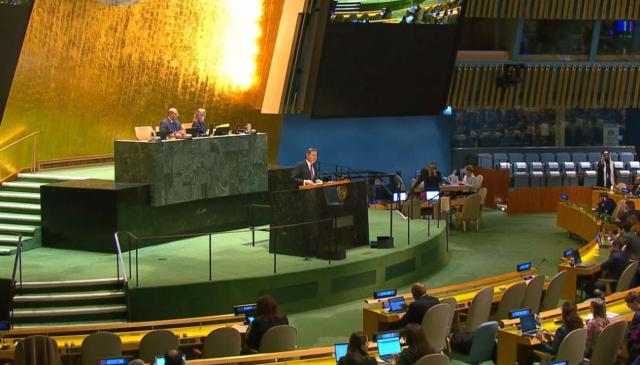
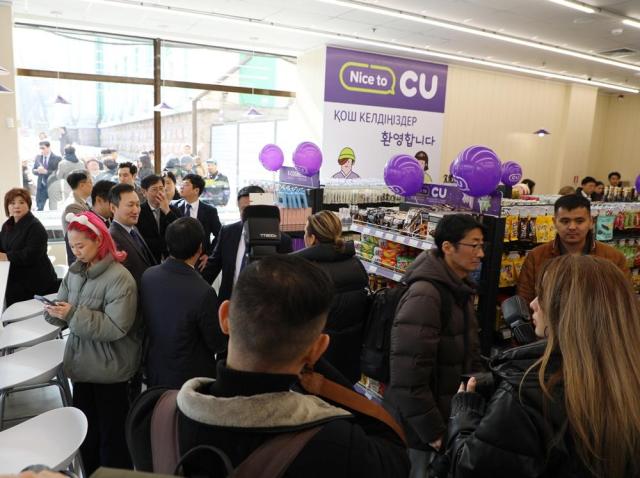
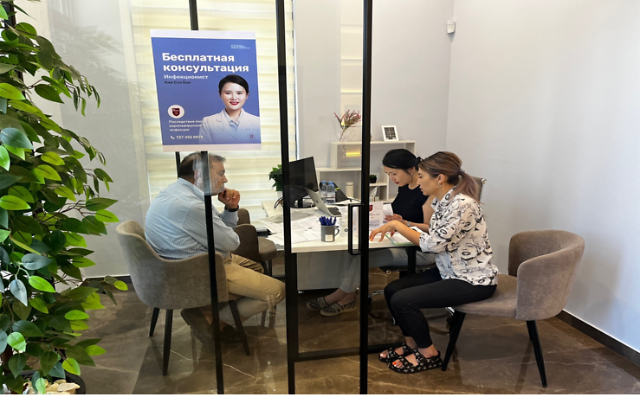
View more comments